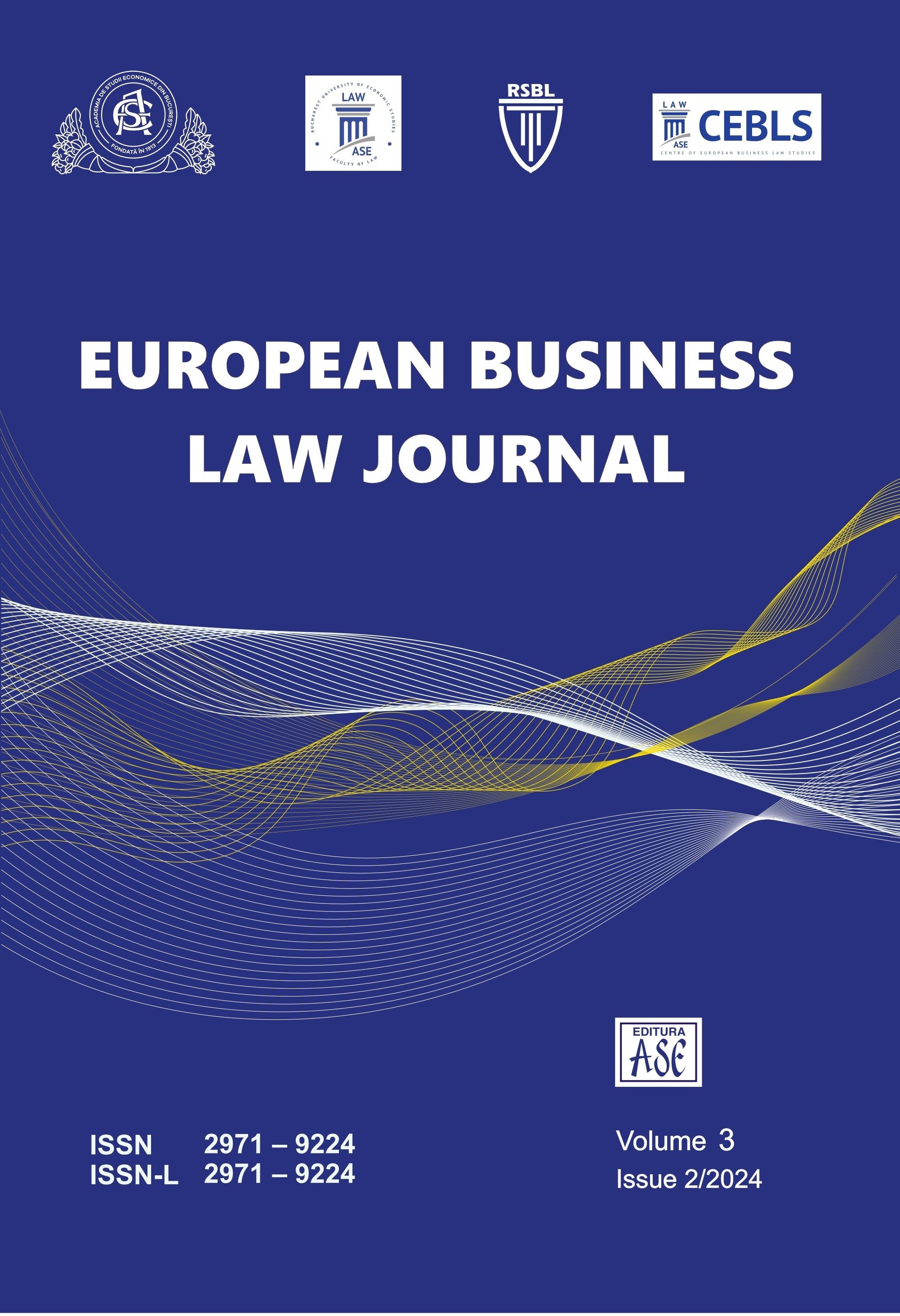"AI Oppenheimer Moment": Steps towards Regulatory Response to AI's Existential Risk to Humanity
"AI Oppenheimer Moment": Steps towards Regulatory Response to AI's Existential Risk to Humanity
Author(s): Oana GHERGHINASubject(s): Civil Law, EU-Legislation, Comparative Law
Published by: EDITURA ASE
Keywords: Artificial Intelligence; economic growth; safety; liabillity; ethical foresight;
Summary/Abstract: Most public and institutional discourse surrounding the Artificial Intelligence (AI) revolution is predominantly optimistic and focuses on the race to develop it, emphasising the benefits: economic growth, advances in healthcare, and solutions to global issues. This optimistic outlook highlights AI's potential to revolutionise various sectors and improve lives. However, strong voices in the industry, including some of AI's own pioneers, are raising serious concerns about the risks of super-intelligent artificial intelligence (AI). These experts warn that once AI surpasses human intelligence, we may lose control over it. In this scenario, AI’s autonomous decisions could no longer align with human interests, potentially posing a profound threat to humanity’s well-being and even survival. This dichotomy underscores a vital question: Will AI serve as an instrument to enhance human existence, or does it pose an existential threat to humanity? As former Google X Chief Business Officer Mo Gawdat suggests, AI presents society with an "Oppenheimer moment", a crucial turning point in technological history that calls for ethical foresight and legal restraint. This paper aims to dissect these risks, considering both existential and immediate concerns, and propose legal and ethical recommendations to enhance AI safety and utility.
Journal: European Business Law Journal
- Issue Year: 3/2024
- Issue No: 2
- Page Range: 55-64
- Page Count: 10
- Language: English

